Table of Contents
Dependent adverb clauses are groups of words that function as adverbs but cannot stand alone as complete sentences. They provide additional information about the main clause, explaining when, where, why, how, or under what conditions an action occurs. These clauses always depend on an independent clause to form a complete thought, making them an essential part of complex sentences.
What is a Dependent Adverbial Clause?
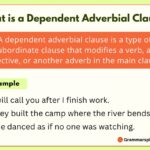
A dependent adverbial clause is a part of a sentence that gives extra information about how, when, where, or why something happens. It depends on the main clause to complete its meaning and cannot stand alone as a full sentence.
For example:
When the rain stopped, we went outside.
(Tells when we went outside.)
Because she was tired, she went to bed early.
(Tells why she went to bed.)
If you study hard, you will pass the test.
(Tells the condition for passing the test.)
Function of Dependent Adverb Clauses
Dependent adverb clauses provide additional information about time, reason, condition, and more. They cannot stand alone and need an independent clause to form a complete thought.
Here are three examples:
Time: I will call you when I get home.
- The clause tells when the action will happen.
Reason: She stayed home because she was feeling sick.
- The clause explains why she stayed home.
Condition: You can have dessert if you finish your dinner.
- The clause shows the condition for having dessert.
How to identify Dependent Adverb Clauses
Look for a subordinating conjunction: Common subordinating conjunctions include words like because, when, if, although, while, since, unless, and as. These words introduce dependent adverb clauses.
Check if it answers a question: The dependent adverb clause usually answers questions like:
- When? (Time)
- Why? (Reason)
- How? (Manner)
- Where? (Place)
- Under what condition? (Condition)
See if it can stand alone: A dependent adverb clause cannot stand alone as a complete sentence. It needs an independent clause to form a full idea.
Example:
I stayed home because it was raining.”
- Subordinating conjunction: “because”
- Answers: Why did I stay home? (Reason)
- Cannot stand alone: “Because it was raining” doesn’t form a complete thought.
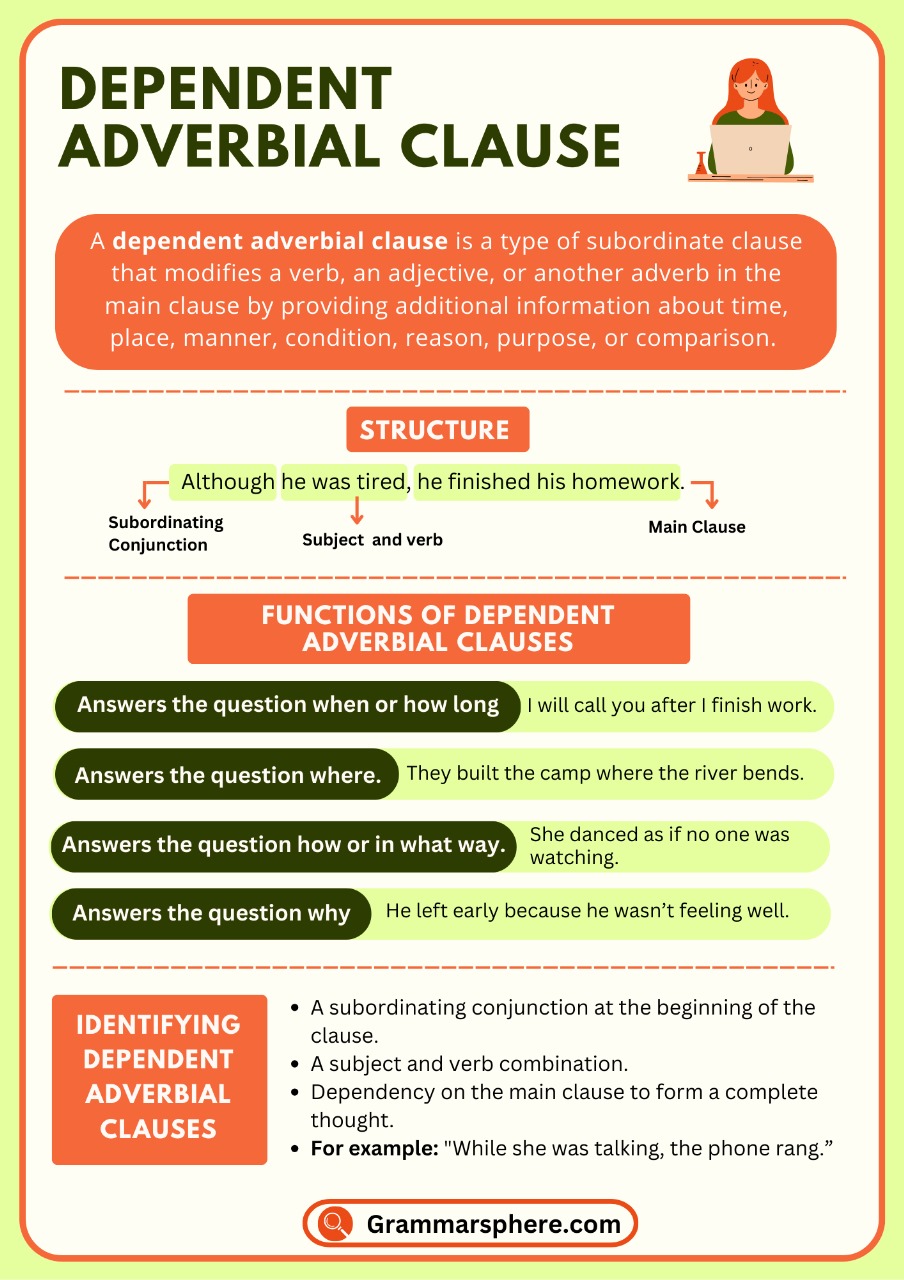
The Connection between a Dependent Clause and an Independent Clause
A dependent clause and an independent clause work together to form a complete and meaningful sentence. The dependent clause cannot stand alone because it provides incomplete information, while the independent clause expresses a complete thought and can stand alone as a sentence.
The dependent clause adds extra details like time, reason, condition, contrast, or purpose to the independent clause, making the sentence more informative and descriptive.
To connect these two clauses, we use subordinating conjunctions such as when, because, although, if, since, and while. The dependent clause can appear either at the beginning or the end of the sentence. When it comes first, a comma is used to separate it from the independent clause.
Examples:
- When the sun rises, we go for a walk.
(The dependent clause tells when we go for a walk.)
- We stayed inside because it was raining heavily.
(The dependent clause gives the reason for staying inside.)
- If you study regularly, you will score good marks.
(The dependent clause shows the condition for scoring good marks.)
- Although she was tired, she finished her homework.
(The dependent clause highlights contrast.)
- He went to bed early because he had a long day at work.
(The dependent clause explains the reason for going to bed early.)
Why Dependent Adverb Clauses Are Important
Dependent adverb clauses are an essential part of English grammar. They help provide more information about an action, such as when, where, why, or how something happens. These clauses cannot stand alone and need an independent clause to form a complete thought. By using dependent adverb clauses, we can give more detail and make our sentences clearer.
Examples:
Time: “I will go to the park when I finish my homework.”
The clause “when I finish my homework” tells us when the action will happen.
Reason: “She stayed home because she was feeling sick.”
The clause “because she was feeling sick” explains why she stayed home.
Condition: “You will pass the test if you study hard.”
The clause “if you study hard” shows the condition for passing the test.
Place: “They will meet where the old library used to be.”
The clause “where the old library used to be” gives more information about where they will meet.
Examples with Dependent Adverbial Clause
- Time: I will call you when I get home.
- Reason: She apologized because she was late.
- Condition: We will go to the beach if the weather is nice.
- Place: They will meet where the bus stops.
- Manner: He speaks as if he knows everything.
- Purpose: She brought her umbrella so that she wouldn’t get wet.
- Concession: I enjoyed the movie although it was long.
- Time: I can help you after I finish my homework.
- Reason: He didn’t go to the party because he was tired.
- Condition: You can play outside as long as you finish your chores.
You May Also Like

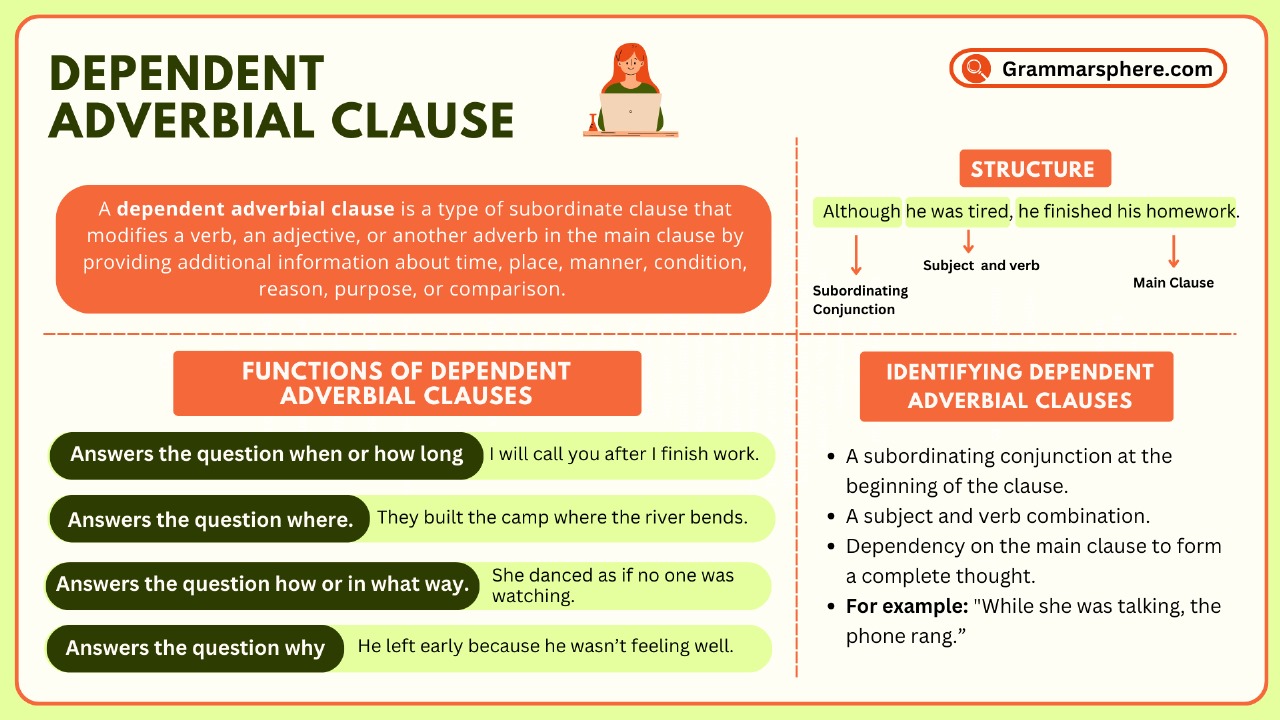
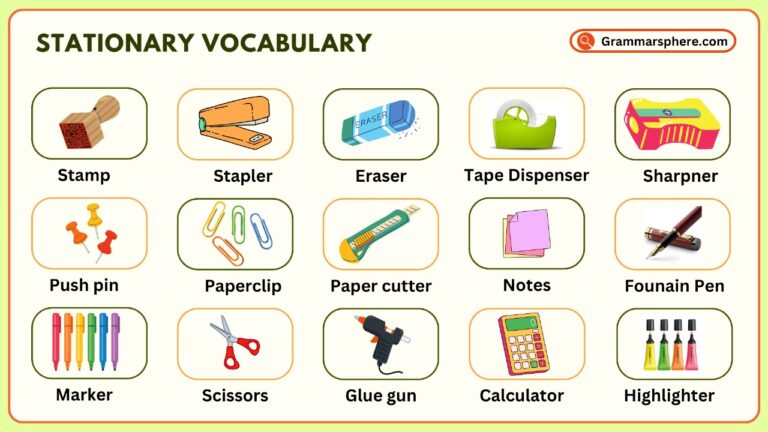
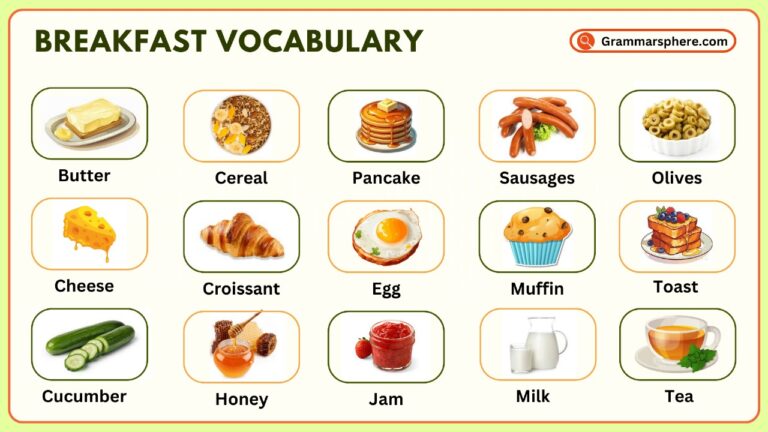
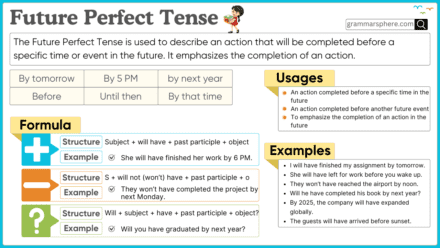
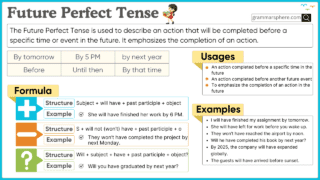
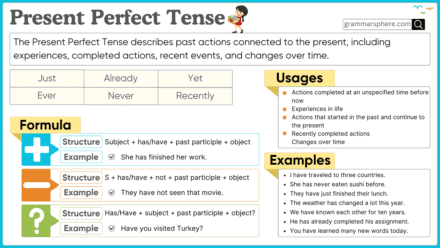
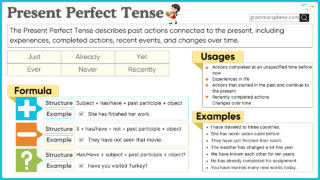
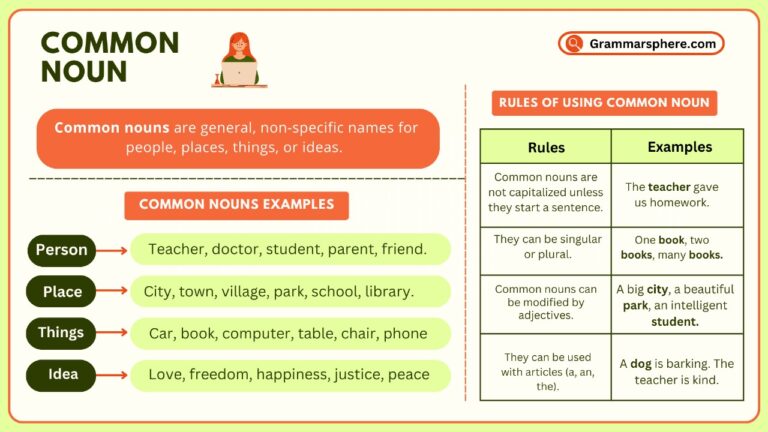
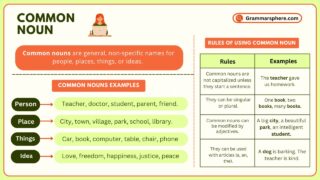
Leave a Comment